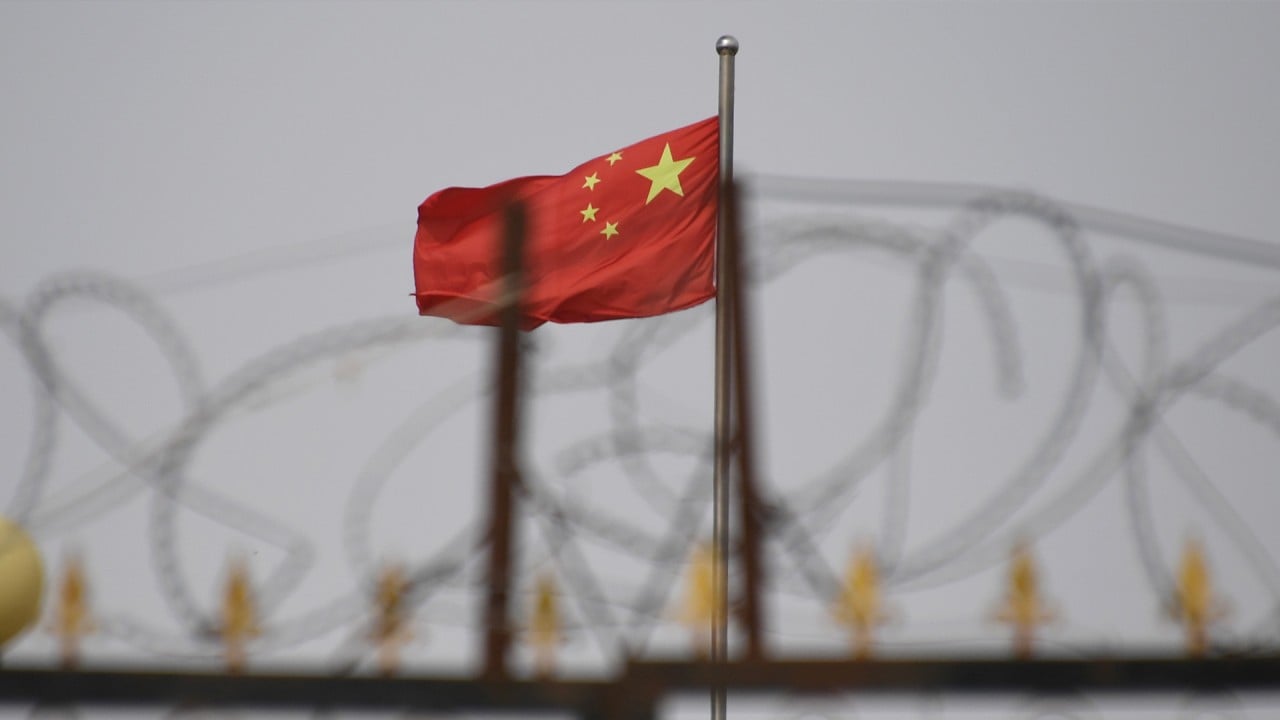Why is China choosing now to ratify forced labour conventions?
- An EU investment deal and a trip by the UN human rights chief are part of the equation, analysts say
- There are some doubts that the action will do much for workers on the ground

But some analysts expressed concern that ratification of the conventions would do little to improve conditions for workers in the region.
State media reported on Monday that Chinese lawmakers were ready to take the final step to ratify the Forced Labour Convention, 1930 and the Abolition of Forced Labour Convention, 1957.
The decision to ratify the conventions comes ahead of a visit to China next month by United Nations human rights chief Michelle Bachelet.
It also comes more than a year after China and the European Union ended seven years of talks on the Comprehensive Agreement on Investment (CAI), a wide-ranging investment treaty that included an agreement that Beijing would ratify the International Labour Organization’s fundamental conventions on forced labour.

